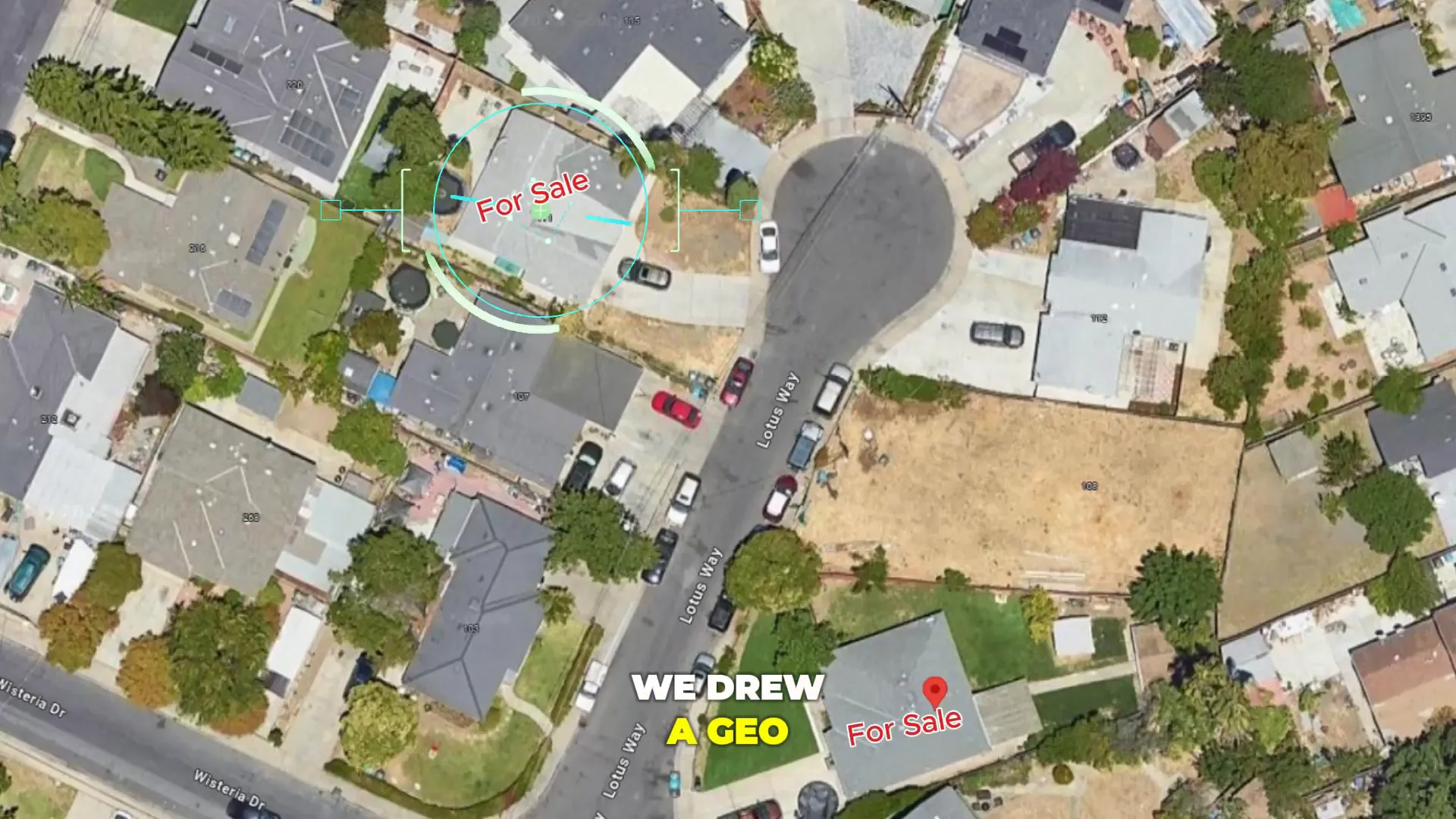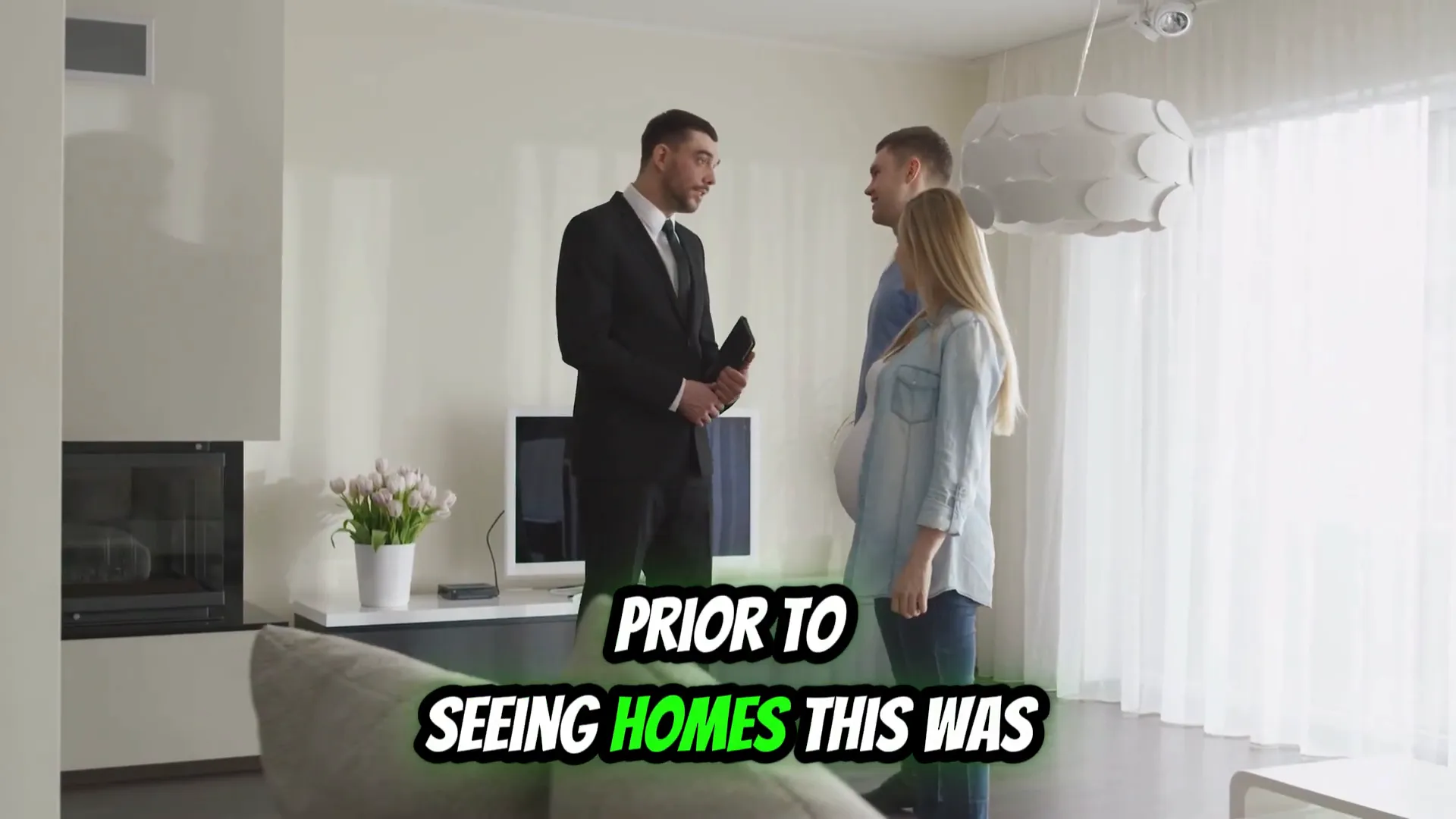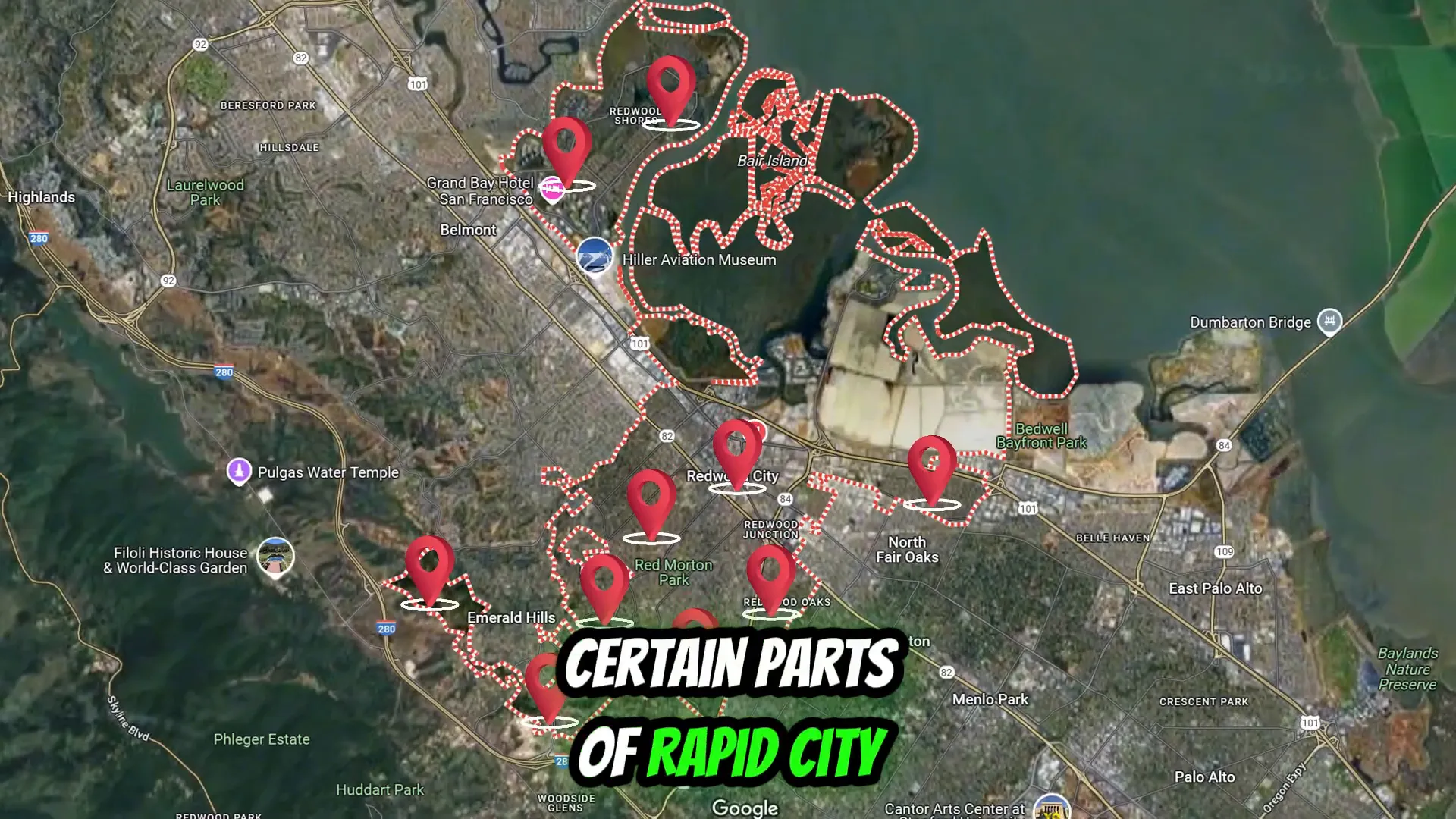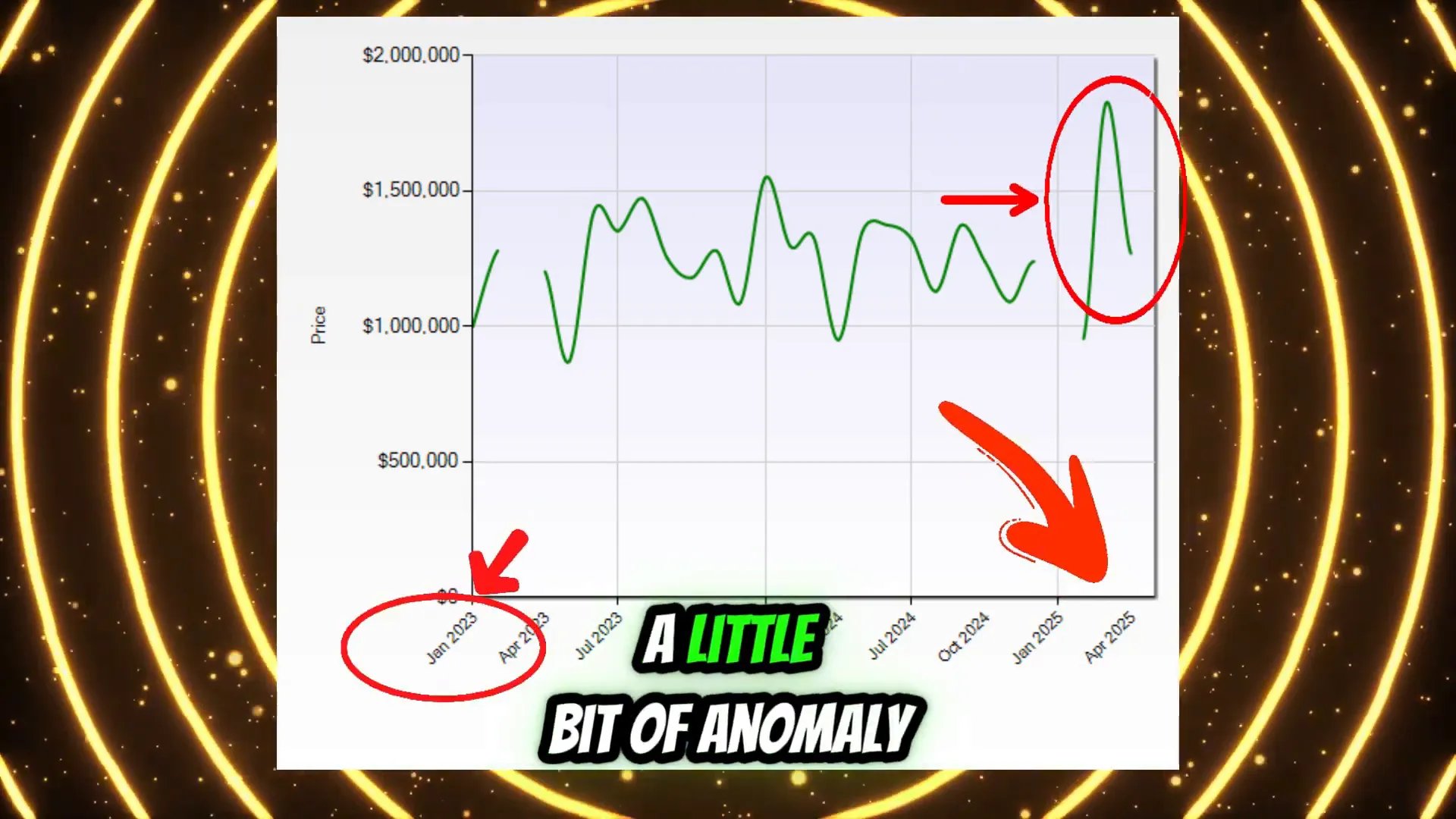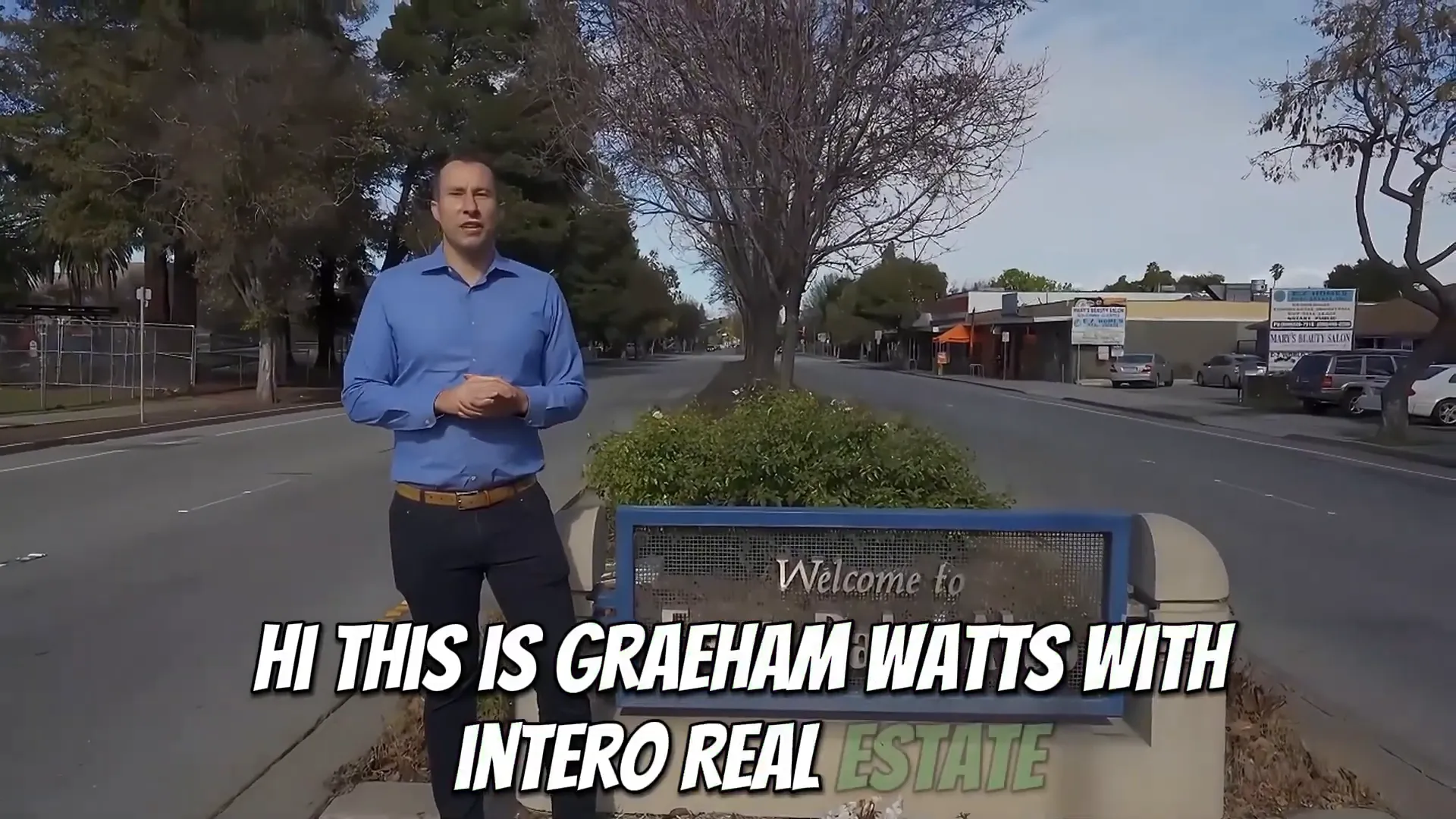
AB 1482 Explained: How It Affects Landlords and Tenants in California
Introduction to AB 1482 California's Assembly Bill 1482, often referred to as California's Tenant Protection Act, rolled out in 2019 with a mission that resonates across communities — to provide a degree of stability and fairness in the rental housing market. Picture this: you're a tenant, and you'

Real Estate Predictions 2025: New Rental Laws Every Tenant and Landlord Should Know
Big changes are coming to rental laws in 2025! Whether you're a tenant or a landlord, these new regulations could impact you—and they tie directly into real estate predictions 2025. In this blog, we'll break down the most important updates that everyone needs to be aware of. 🏠 Introduction to Ne
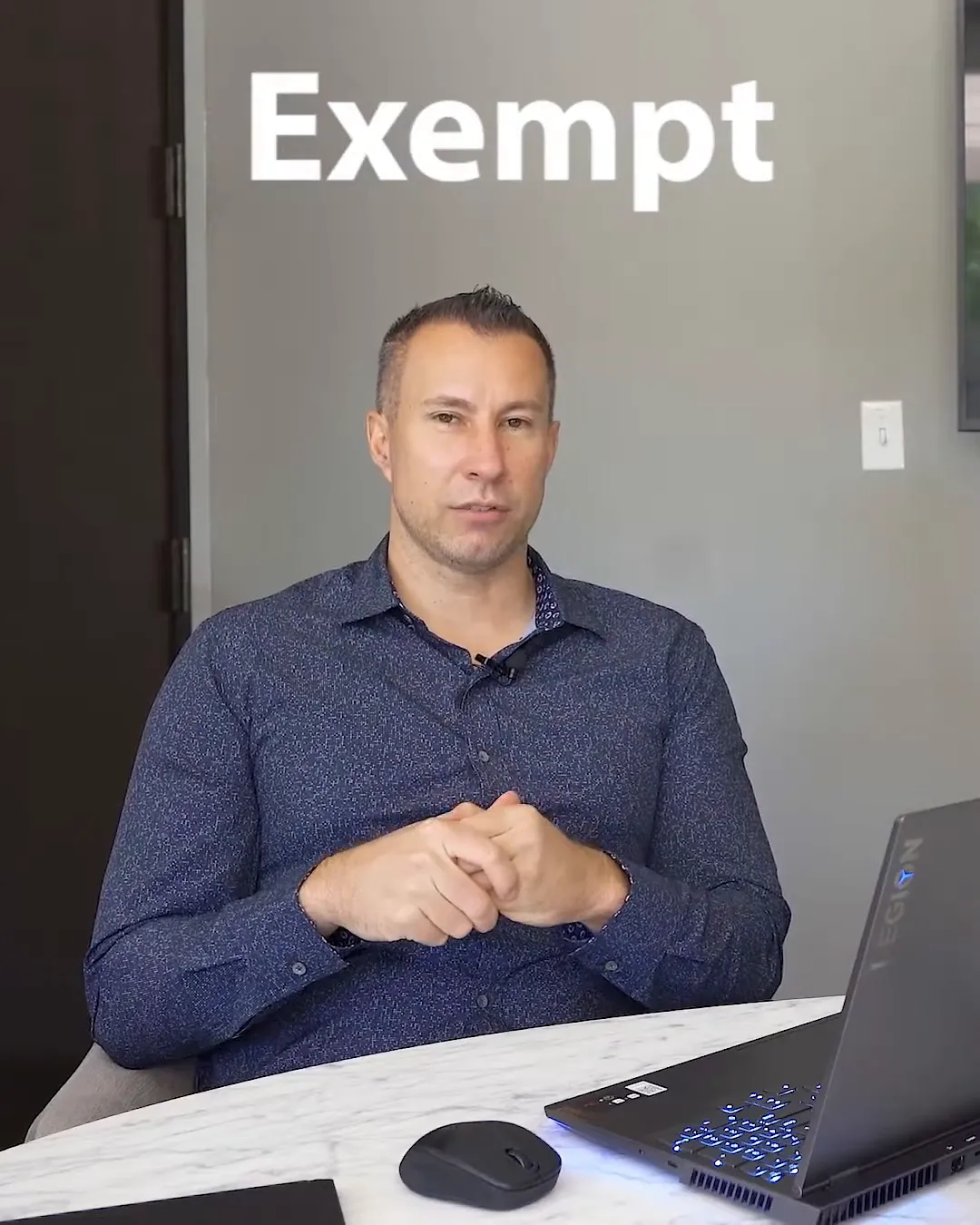
Understanding AB1482: Essential Insights for California Landlords
Understanding AB1482: Essential Insights for California Landlords AB1482 is a critical piece of legislation for landlords and property investors in California. This blog will guide you through the key provisions of AB1482, including rent caps, just cause eviction, and what happens if you miss imp
Categories
- All Blogs (314)
- Client Testimonials (19)
- East Palo Alto (81)
- Graeham Watts Home Tours (23)
- Home Buyer's Process (34)
- Home Tours (28)
- Houses for sale in East Palo Alto (13)
- Investing (18)
- Landlord and Tenant Info (9)
- Menlo Park (49)
- Personal (5)
- Real Estate Questions Answered (91)
- Real Estate Tips (86)
- Redwood City (85)
- San Mateo County (10)
- Seller's Process (22)
Recent Posts



